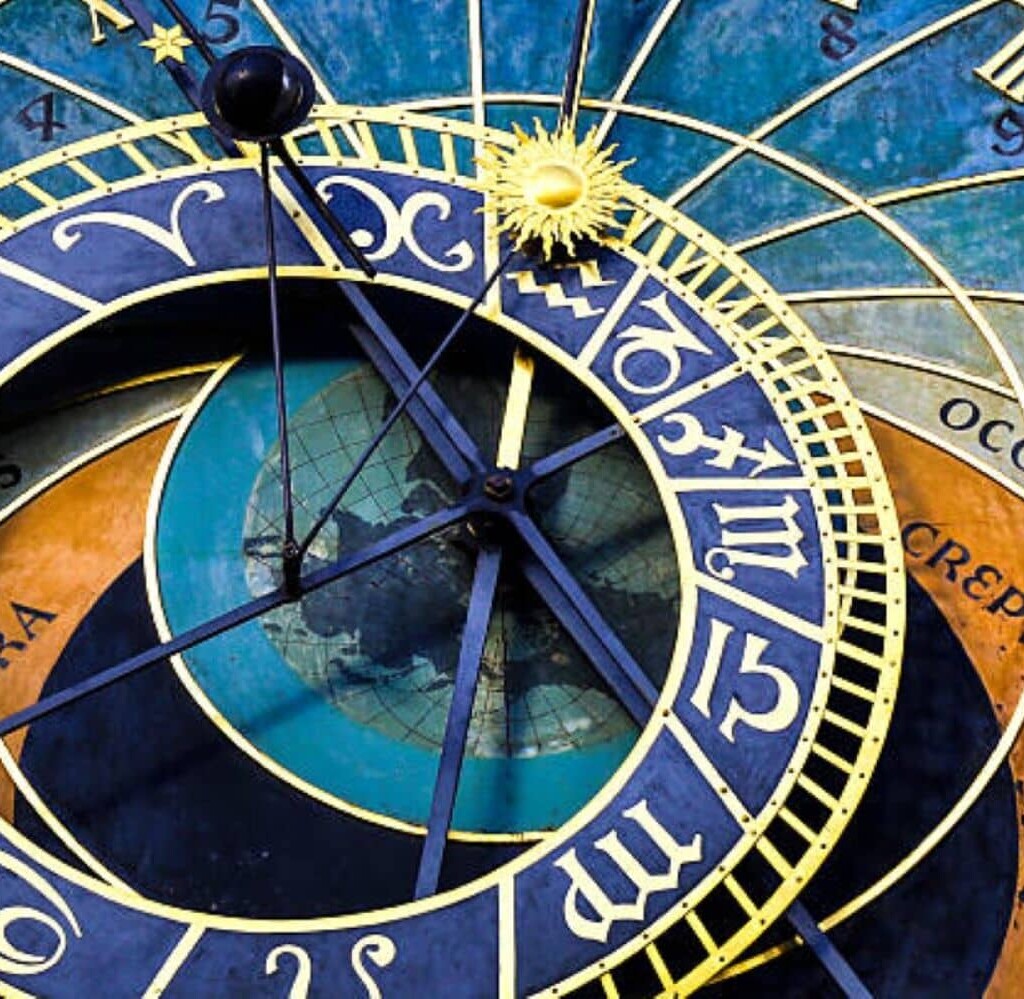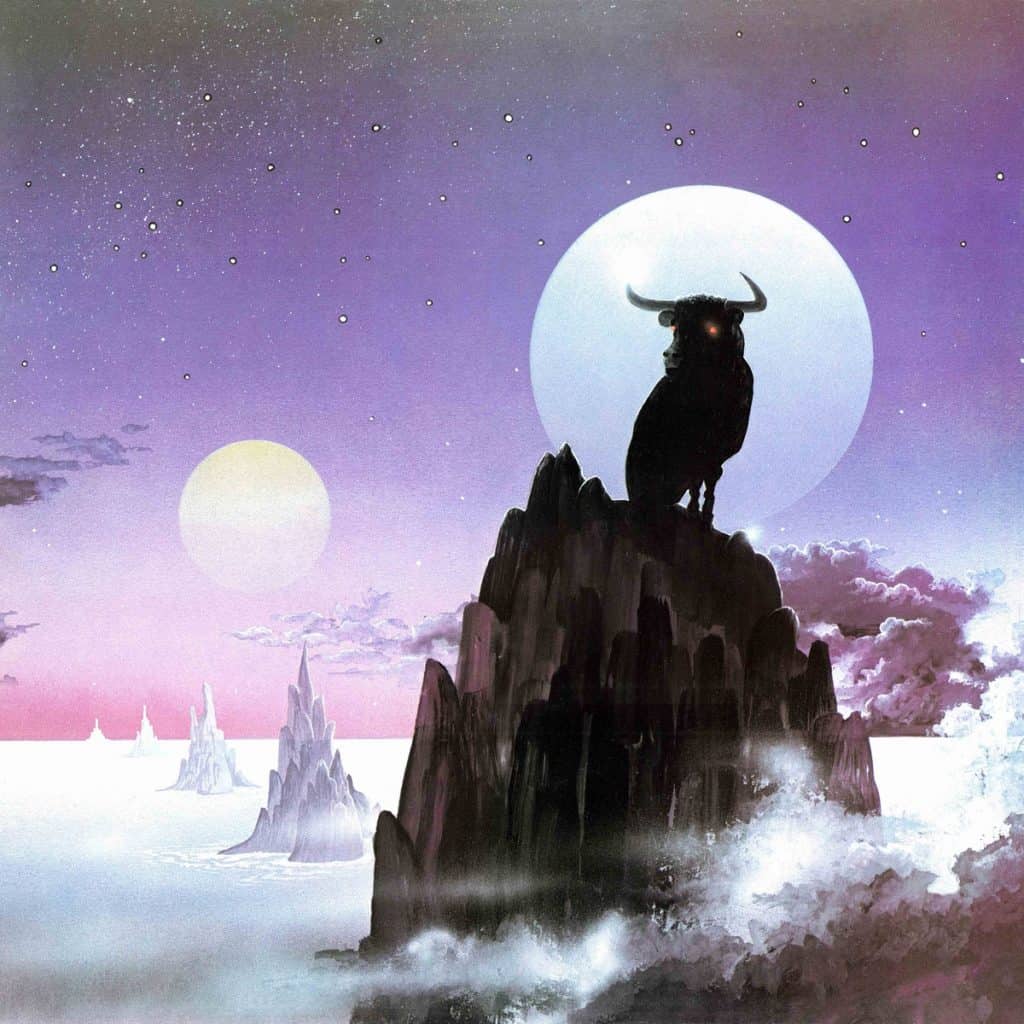The Druids, an esteemed order of priests from the Iron Age, held paramount positions in Celtic society that transcended purely religious duties. Recognized as the paragon of intellect during their era, these erudite men embraced a multitude of roles, functioning as physicians, philosophers, astronomers and magicians.
Unraveling the Druidic Astrology: The Celts’ Mystical Affinity with Trees
The Druids devised a unique belief system premised on their cosmology, in which each tree possessed a magical, enchanting essence, thereby forming the foundation of Druidic astrology.
It’s noteworthy that these men were more than religious figures. They stood as the zenith of intellectualism in their society, assuming varied roles such as doctors, philosophers, astronomers and magicians. Their belief system attributed mystical and enchanted attributes to each tree.
In their cosmology, the supreme entity was referred to as Esus (Lord) or, in layman’s terms, Teut (God). Interestingly, it is the latter moniker, Teut, that contributed to the term ‘Teutons’ used for the Germanic peoples, viewed as children or followers of Teut.
The Celts, an enlightened society deeply intertwined with nature, viewed the forest as their holy sanctuary and the trees and creatures within as their divine entities.
For the Celts, every tree was sacrosanct, embodying a unique value and a benevolent force. Consequently, the Druids singled out 21 of these sacred trees, aligning them with each season or blooming period of the year.
These correlations of trees with different temporal segments of the year underpin the Celtic astrological system, a spiritual guidance mechanism that accompanies them throughout the year. Below, we elucidate the enduring Druidic astrology.
BIRCH (December 24 to January 20)
Individuals born under the Birch sign are often distinguished by their introspection and serious demeanor. They have a knack for balancing intellect and emotion, often prioritizing the former. This skill of concealing their emotions bestows upon them an enigmatic aura, rendering them elusive figures to interpret.
Their lives reflect their high degree of self-discipline and self-control, featuring meticulously arranged routines and a discerning distance from those outside their close-knit circles.
Birch-born individuals are known for their reliability, deep-rooted family values and dedication to protecting their immediate environment. They display a commendable readiness to take on new challenges, utilizing all available resources to fulfill their objectives. However, they can occasionally be overly rigid with themselves and their peers.
ROWAN (January 21 to February 17)
Those born under the Rowan sign are defined by their relentless pursuit of harmony and equilibrium. These hopeless romantics thrive on love and affection for emotional satisfaction, valuing companionship greatly.
They treasure their romantic and platonic relationships and seek to express their sexuality within a context of passionate love. Their heightened sensitivity and impressionability mean their surroundings can impact them significantly, potentially sparking conflicts and, in certain instances, leading to depressive states.
Yet, they consistently strive to embody goodness, nobility and humanitarianism. Thoughtful, compassionate and harmonious, they are drawn to careers involving interpersonal communication, human interaction and creative arts.
ASH (February 18 to March 17)
Ash-born individuals are recognized for their inquisitive nature and observational inclination, yearning to gain a broad range of knowledge. Despite this intellectual receptiveness, they maintain a significant level of personal reserve.
They often display a strong analytical mindset which can result in them seeking solace in silence and at times, they can come across as critical, causing discomfort to others. Their eloquence makes them exceptional advisors.
In matters of the heart, those born under Ash are deeply committed, seeking emotionally intense and passionate relationships. Nonetheless, they place high value on their personal freedom and shy away from commitments that feel overly confining.
They rely on validation and affection from others for self-assurance but they are known to withdraw at the first sign of conflict. Despite their emphasis on independence, it is crucial for them to learn how to navigate emotional challenges effectively.
ALDER (March 18 to April 14)
Individuals born under the Alder sign are characteristically adventurous and bold, deeply connected to nature. They possess an inherent zeal for discovery, exploration and knowledge acquisition.
These spontaneous individuals exhibit remarkable bravery, taking on any challenge with determination and resilience and demonstrating exceptional competence. However, they may occasionally exhibit self-centered behavior. Despite this, their courage and tenacity are generally appreciated and admired.
Their adventurous spirit also extends to their romantic pursuits, where they are known to be passionate, warm and seductive. However, once their thrill for conquest is satiated, their relationships may become superficial and any sign of disagreement or conflict often leads them to seek new romantic avenues.
WILLOW (April 15 to May 12)
Those under the Willow sign are marked by their sharp intellect and wisdom. Their well-being is rooted in peace, tranquility and stability, with love forming the core of their emotional equilibrium.
While they may show possessiveness towards their loved ones, they tend to mask it, offsetting it with attentive care in their personal relationships.
They generally strive for economic stability, greatly valuing the security of the future. A potential drawback is their tendency to take matters excessively seriously and their difficulty in forgiving and moving past transgressions…




